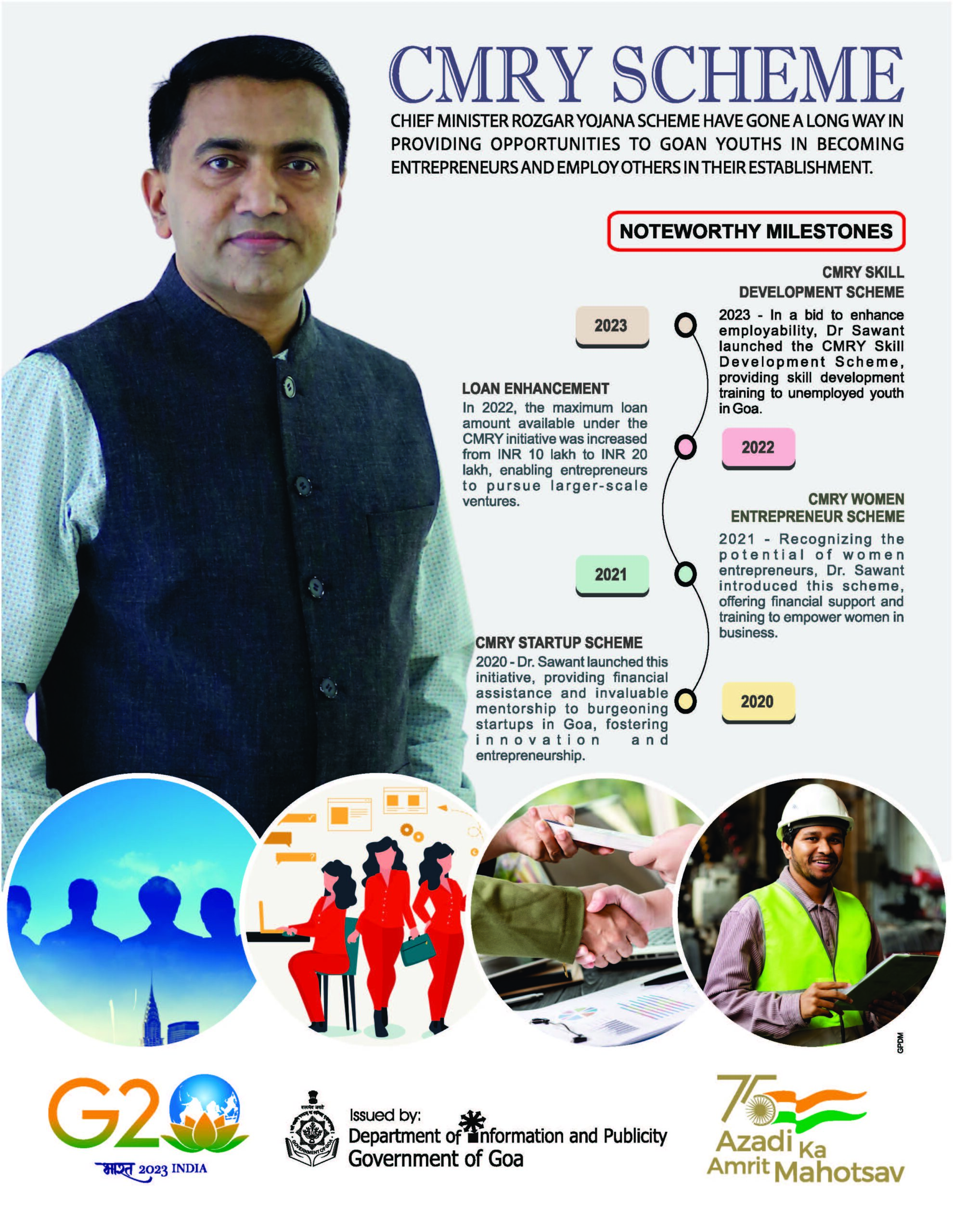With mental disorders now being among the top leading causes of health burden worldwide, it comes across as no surprise that half of the general population does not even know that 10th October is observed as Mental Health Awareness Day around the globe. While it cannot be denied that our understanding and recognition of mental health, and consequently our sensitivity towards it, has greatly improved in the recent past, the fact that true awareness is still far away is also irrefutable.
Today, over 13.6% of India’s total population is known to be suffering from some or the other kind of mental disorder. Additionally, one in every five of these people is in severe risk of suicide. And these are only officially recorded figures; the reality being much more morbid. Yet ironically, the world’s second most populous nation, and statistically the most depressed nation, has just 0.75 psychiatrist for every 1,00,000 patients!
The most disturbing data, however, is that the rate of occurrence of all such disorders, particularly Major Depressive Disorder is highest in students! One in every three students across the country is suffering; suffering greatly but not receiving adequate medical attention for the same. Inevitably, this young adult group aged 15-30 contributes to over 36.8% of total suicides in the country. In other words, every passing hour, at least one student in the country commits suicide, with about 28 cases being reported per day! And 54% of these cases are accounted for by the students of so called advanced states such as Maharashtra, Tamil Nadu, and Karnataka.
It also must be noted that policy interventions and resource allocations at institutional levels, have attained a record high in the recent years. From engaging counsellors at school and colleges, to training faculty members to identify mental health issues among students at an early stage, supportive programs under initiatives like Manodarpan and National Mental Health Survey appear to be quite advanced. Why then, does the situation keep getting worse instead of improving like it should? Why do statistics show a 6% rise in suicide rates among young adults instead of the projected decline? Why do 78% of all Indians in need of medical attention for their mental illness fail to receive the same?
We still think of mental issues as an abstract problem that can ‘never happen to us’. Unless negligence of mental disorders claims the life of someone we know, we refuse to acknowledge the existence of such a crisis. In fact, some of us refuse to budge even then. Is the fact that there is one suicide attempt by our youth every forty seconds not alarming enough for us to take cognizance of the critical stage that the Indian youth’s mental health is in? If any kind of government reform is to ever make out of the papers into the real world, we must first realise the gravity of the issue and aware ourselves in the true sense.
In majority of cases, mental health disorders among the youth remain effectively undiagnosed as we fail to provide them with an environment conducive enough for them to seek support and treatment without hesitation. Those brave enough to ask for help and approach professionals are either looked down upon or judged beyond harshly. Instead of trying to understand and learning the subtle differences between maladies like Anxiety, Schizophrenia, Mania, or MDD, and everything that comes along with them, we flippantly use words like ‘crazy’ and ‘lunatic’ to label people suffering from any kind of mental issues. At the end of the day, the vicious cycle of shame, suffering, and isolation, that claims so many invaluable lives, is created by no one but us.
The role teachers plays in a student’s life is not something they can ever be thanked enough for. But these very teachers also reserve the power to effectively destroy lives. Seminars and training sessions will not enable them to help out children unless they are sensitised enough to understand that their words hold the power to alter lives. Because when teachers start forcing children in the name of curriculum, abuse them both physically and mentally, and humiliate them in front of their peers, far from creating a brighter future for them, they give them a traumatic present. And no ‘School Counsellor’ or ‘Mental Health Committee’ member can heal a child who has been hurt by the very people he looks up to.
This situation can still be fixed, if at least parents are supportive enough. But be it due to being part of dysfunctional families, or owing to parents who are more competitive than the students themselves, children fail to find an atmosphere positive enough even at home. And if a guardian does not pay attention to a child’s medical needs, understanding that mental disorders are as valid as physical ones, the child will grow up believing something is wrong with his self. These children grow up to be individuals with depressive tendencies and then are reduced to mere numbers in the mental health statistics.
Even more crucial is to know that while there can be multitudes of triggers ranging from those considered too ‘inconsequential’ by adults to the ones they cannot even properly grasp owing to generational gap, many times mental issues may not have any obvious reason at all! People who appear to have everything sorted on surface, can also be struggling with their own share of trauma. And in such cases, isn’t it the ultimate duty of the peer circle to watch out for each other? But what did we do the last time we observed behavioural anomalies or suicidal tendencies in a friend? Did we not ignore them as ‘mood swings’ or worse mocked them for being ‘delicate’? The parents and teachers that we spare no time in blaming have been victims of this negligence themselves. But isn’t it our duty to break free of this cycle of shame and put a stop to it, irrespective of how long this has been continuing?
We have normalised ‘speaking’ about mental health enough. It’s time we normalise acting upon mental health issues. It’s time we observe Mental Health Empowerment Day around the year instead of dedicating one day or a week to ‘awareness’.
We speak about cleanliness. We speak about empowering women. We speak about revolutionising education. But if we do not start talking about mental health with the same vigour, it won’t be long before one suicide attempt every forty seconds becomes one promising life lost. We have spread awareness enough. It’s time we start empowering mental health. It’s time we start not just speaking, but also understanding and taking actions about psychological empowerment. Because the challenge of mental health needs to be dealt with in a war footing. And in a war, no resources and no policies can succeed in actually making a difference, as long as every single person does not unite against the common foe.
At the end of the day, when the future of the country is to be taken care of by the young minds, is it not our responsibility, as a nation, to take care of these minds first?
Megha Satapathy
Journalist, GoaChronicle
Reference Links:
[1] https://goachronicle.in/bring-me-back-my-childhood/[2] http://indianmhs.nimhans.ac.in/Docs/Summary.pdf
[3] https://www.ncbi.nlm.nih.gov/pmc/articles/PMC6341936/
[4] https://en.m.wikipedia.org/wiki/Suicide_in_India





